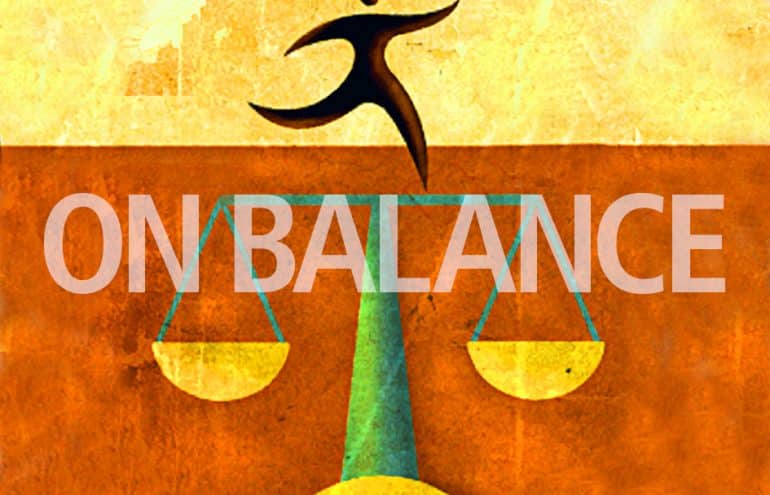Any lawyer who has been through the bar discipline process will tell you it was one of the most stressful, horrific experiences of their career. It truly is the low point. So you would think, having been through it once, they would do everything possible to avoid going through it again.
Unfortunately, plenty of lawyers face the disciplinary system for a second, third or even fourth time. This raises two questions: Why do attorneys continue making mistakes after being through the system, and what can lawyers do to truly recover from the experience, so they are never in the state bar’s cross-hairs again?
Anger, Frustration and Denial
I notice that once a disciplinary matter comes to its conclusion, attorneys tend to remain angry and frustrated at the underlying situation. They are still upset with the complaining witness. They never believe the bar has treated them fairly (often a justified feeling). They are angry about whatever sanction has been imposed. This anger and frustration causes the lawyer to act as though the discipline case was entirely unfair, and thus the underlying situation an isolated one-off.
Closely related to anger and frustration, most lawyers are still in denial afterward, too. They still deny they did anything wrong, deny there is a problem to be addressed and deny they need to change their ways.
These feelings get in the way of addressing the root causes that led to discipline in the first place. Say, for example, the complaining witness went to the bar because the lawyer was unreachable. The lawyer comes out of the discipline process denying there was a communication problem, angry at the complaining witness, and vexed with the bar for being unfair. So he goes back to practice and fails to implement a system to ensure that all phone calls are returned. Guess what? Another complaint is likely in his future.
Unaddressed Substance Abuse and Mental Health Issues
Beyond emotions that get in the way of addressing the causes of sanctionable conduct, a fair number of lawyers facing discipline have substance abuse or mental health issues. Of course, this should be raised and dealt with in the discipline process, but not every lawyer chooses to raise the issues in defense of his conduct. As a result, ill attorneys can make it through the disciplinary system without ever making known their problems. The problems are not addressed and, not surprisingly, lead straight to more bar complaints and lawyer discipline.
Bar Discipline: What to Do?
If you’ve come through the system and truly want to avoid a repeat, there are steps you and those who support you can take to increase chances of a discipline-free future.
- Objectively analyze the past. Nobody coming out of the system wants to look back at what got them there, but it really is a necessary step. In all likelihood, you are not capable of performing this analysis. Those feelings of anger, frustration and denial prevent it. So, get someone else involved, preferably a lawyer, to look at the situation from an unemotional vantage point. This person could be your counsel if you had representation in the bar proceedings, or another lawyer who knows your situation and work habits. It may be your spouse.
- Identify what you need to change. Once you have analyzed how you got into trouble, figure out where you need to make changes. Even if you don’t have the answers, spot the issues (just like law school).
- Seek resources to make the changes. Now that you know what needs to change, get help on the specifics. If you need to work in a neater environment with a better filing system, you can go into your office one weekend and reorganize yourself, or call in a professional organizer. If your billing system is the source of all the trouble (those scrawled notes on scraps of paper that get entered in your billing software every few months), ask a secretary or paralegal for help revamping your timekeeping methods and upgrading your system. You do not have to do this alone.
- Find support. A large number of lawyers facing discipline are solos. It is isolating to work as a solo, and the lack of support can create trouble. Reach out to friends and colleagues to create a support system. If you participated in counseling as part of your discipline, you will have met other lawyers in the system, and they make natural support partners. If you are a solo, join your local bar’s solo practitioners group to meet others and make friends. Phone, text or email one another; whatever you do, join forces so you are not alone in ratcheting up your standards. When you find this support, be honest. Drop the act of trying to look infallible — none of your friends are perfect, either.
- If you need professional help, get it. If you fall into the category of having substance abuse or mental health issues and they are not being addressed, get help. No, you cannot do this alone. Lawyers are highly prone to these problems, and you are not the first to face your set of circumstances. Call your bar hotline, call your primary care doctor for a referral, call your best friend, talk to your spouse. Get the help you need.
What If …
What if, despite taking all of this advice to heart, you end up in front of the bar again? I always advise lawyers facing discipline to seek counsel, even if just for a brief consultation. If you are facing a second action, my advice is stronger — get full representation and allow your counsel to do everything they can to help you. It is much more difficult to face a second charge. Do not go it alone.
Illustration ©ImageZoo.























